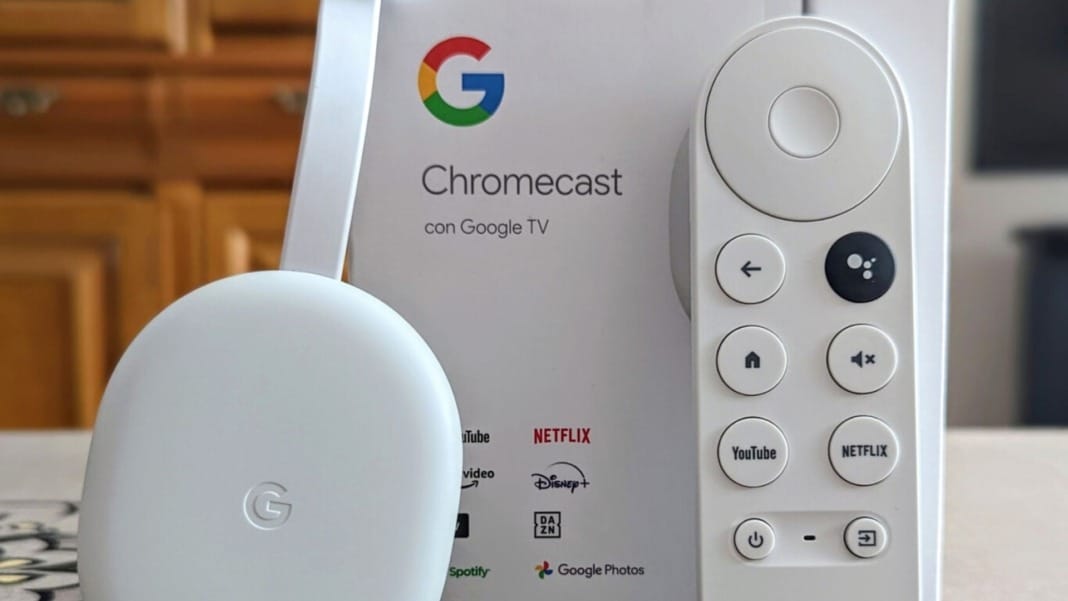In a landmark decision, a federal judge ruled that Google has been maintaining an illegal monopoly in the search and advertising markets. This verdict marks a significant victory for the Department of Justice (DOJ) and sets a potential precedent for future cases against other tech giants.
A pivotal moment in antitrust law
This ruling is the first major decision in a series of tech monopoly cases brought forward by the U.S. government in recent years. It highlights the increasing scrutiny of large technology companies and could influence the outcome of similar cases in the future.
Judge Amit Mehta concluded that Google violated Section 2 of the Sherman Act, which prohibits monopolistic practices. The court focused on Google’s exclusive search deals with Android and Apple devices, pinpointing these agreements as central to Google’s anti-competitive behaviour.
Over the years, Google’s dominance in general search has grown significantly, with its market share increasing from around 80% in 2009 to 90% by 2020. This expansion has raised concerns about the company’s competitive practices and impact on the market.
The decision, which comes after a 10-week trial last autumn, is centred on Google’s liability rather than the remedies. This means that while the ruling establishes Google’s responsibility, the specific measures to address the monopoly will be determined in future proceedings.
While immediate changes in the digital marketing landscape are unlikely, advertisers should start considering potential long-term impacts. This case could influence how century-old antitrust laws are applied to modern digital markets, particularly in pending cases against other tech giants like Amazon, Apple, and Meta.
One of the revelations from the trial was that Google pays Apple US$20 billion annually to secure its position as the default search engine on iPhones. This substantial financial arrangement underscores the extent of Google’s efforts to maintain its market dominance.
Future developments
The following steps will involve determining the remedies to address Google’s monopoly. This process will take place in upcoming legal proceedings, where the court will outline specific measures to curb Google’s anti-competitive practices.
In addition to this case, Google faces another DOJ trial over its ad tech business, scheduled to start on September 9th. This upcoming trial will further scrutinise Google’s business practices and their impact on the advertising market.
In response to the ruling, Google has announced plans to appeal. The company argues that it offers the best search engine and should not be penalised for making it easily accessible. In a statement made on X, Google emphasised its commitment to providing high-quality services to users.
Here’s our statement on today’s decision in the DOJ case:
— Google Communications (@Google_Comms) August 5, 2024
“This decision recognizes that Google offers the best search engine, but concludes that we shouldn’t be allowed to make it easily available. We appreciate the Court’s finding that Google is ‘the industry’s highest quality…
The bottom line
This ruling is a significant setback for Google, yet the full impact on its business practices remains to be seen as the case moves to the remedies phase. Advertisers and industry watchers will pay close attention to how this situation unfolds and what it means for the future of digital marketing and competition in the tech industry.





